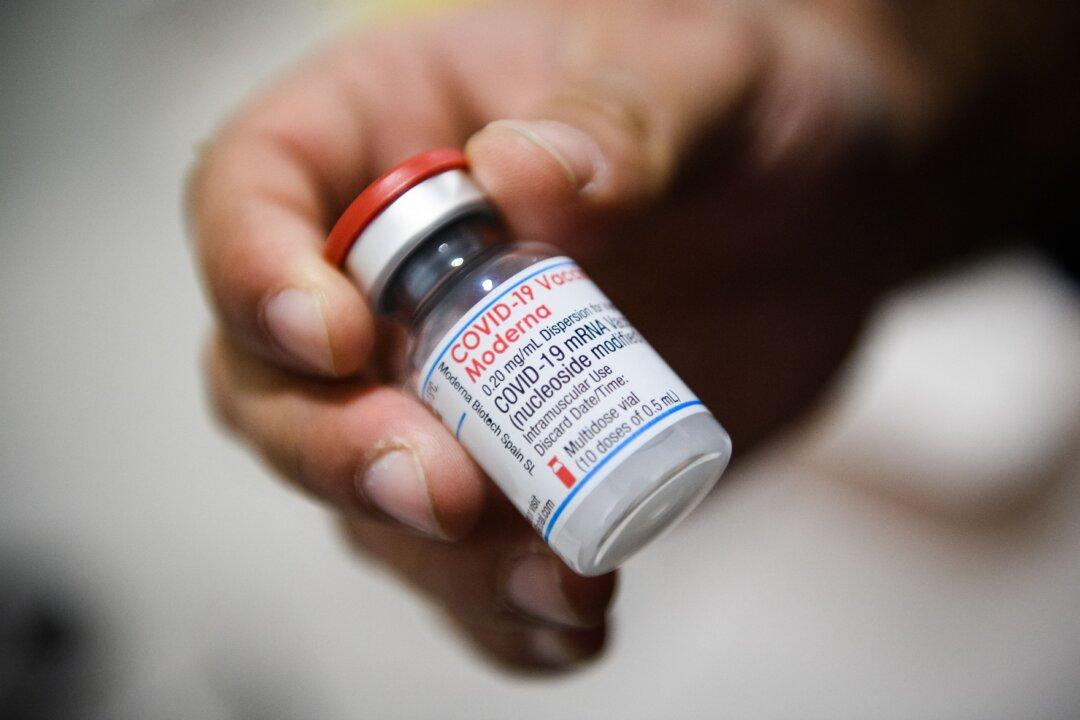The risk of heart inflammation following receipt of a COVID-19 booster shot remains elevated, according to a new study.
The primary series of the messenger RNA-based vaccines, made by Pfizer and Moderna, have already been linked to heart inflammation, but not as much research has been done on whether booster doses also present heart-related risks.





